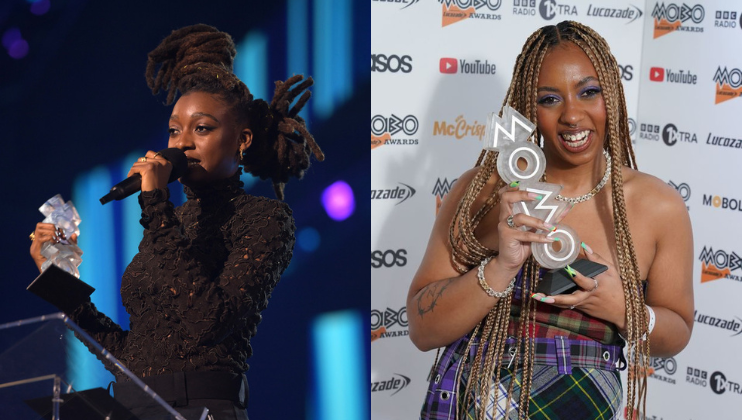
The BRIT Awards aim of inclusion through gender equality has ended in disaster, with zero female artists receiving nomination for the Best Artist category. A well-intended effort to remove arbitrary gender segregation has now resulted in complete gender exclusion. So, what happened?
For the 2022 instalment of the BRIT Awards, the organisers announced they were scrapping gendered categories in favour of a gender-neutral categories for Best Artist and Best International Artist. The announcement painted the illusion of a bold step forward for gender equality, explaining that it was part of their “commitment to evolving the show to be as inclusive and as relevant as possible”.
It is on paper a noble endeavour, one that would generally be supported, as unlike in sport, the separation of male and female categories in music is almost completely arbitrary. Not many expected the now-gender neutral Best Artist award to include not one woman, to counter their mantra of inclusion within one year of its announcement.

The choice becomes even more bizarre once you consider the contributions made by British female artists in the last year. Little Simz has made a monumental impact in UK music in the last year; she’s one of the few UK artists – male or female - to break the American market, she had her music featured throughout BBC’s World Cup coverage, and she dropped NO THANK YOU, which topped numerous end of year lists, all while remaining an independent artist.
Additionally, PinkPanthresss has taken TikTok by storm, in some ways reviving and reintroducing jungle to younger, pre-rave audiences, as well as making the charts numerous times in the past year. Shygirl and Nia Archives are other possible shouts, but arguably aren’t mainstream enough to be considered. Regardless, 2022 was a huge year for female artists in the UK, especially Black female artists, and this years BRIT’s were an opportunity to honour this surge in native talent.
There is no strong opposing argument to be made; there isn’t a drought of talented female artists, and the talented ones are not unpopular or niche, for they have topped charts, critics lists, and won awards in other ceremonies. Most damningly, the all-male line-up deeply violates their own mantra of being “inclusive and relevant”, for their choices reflect neither aim or objective.